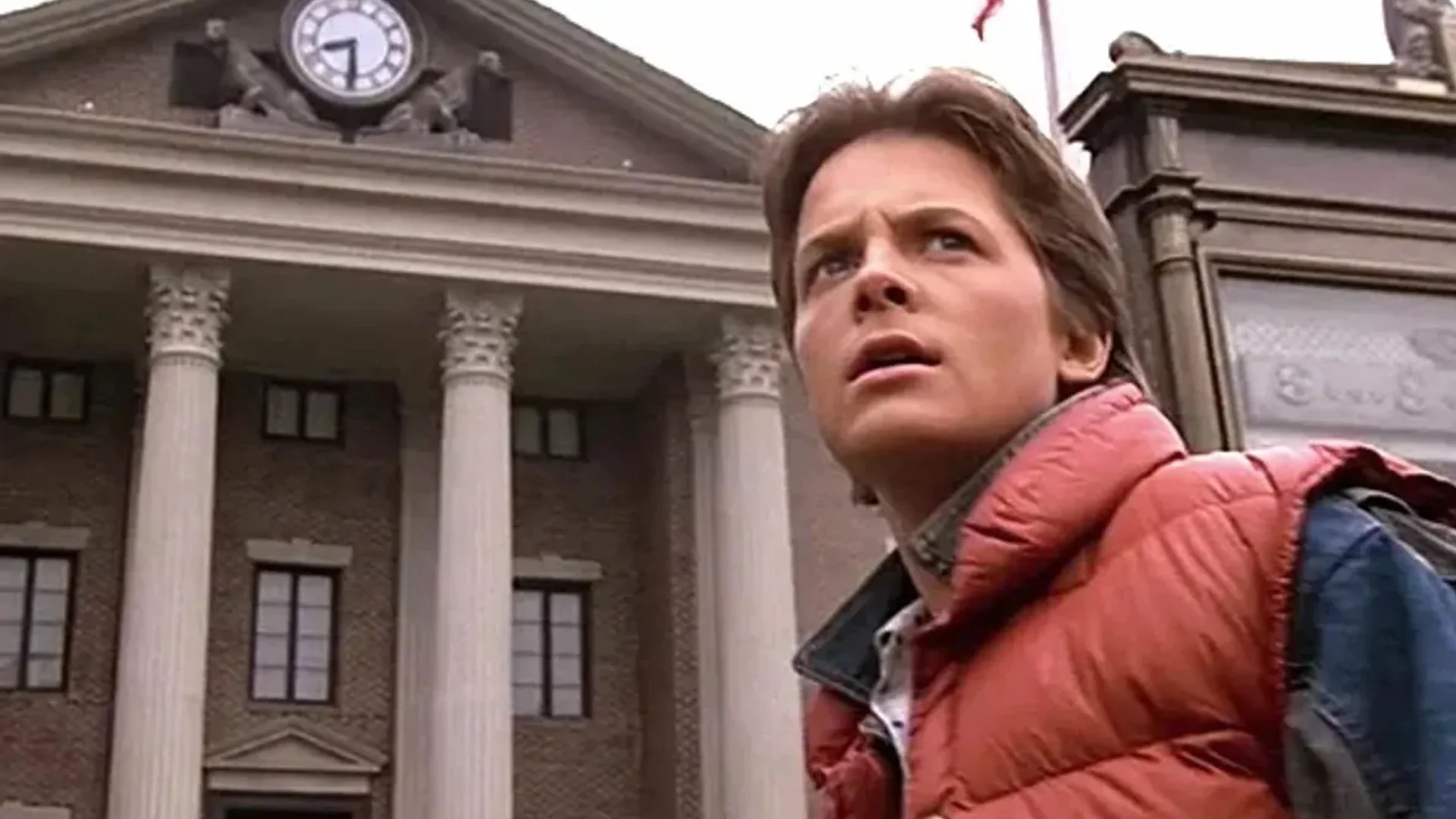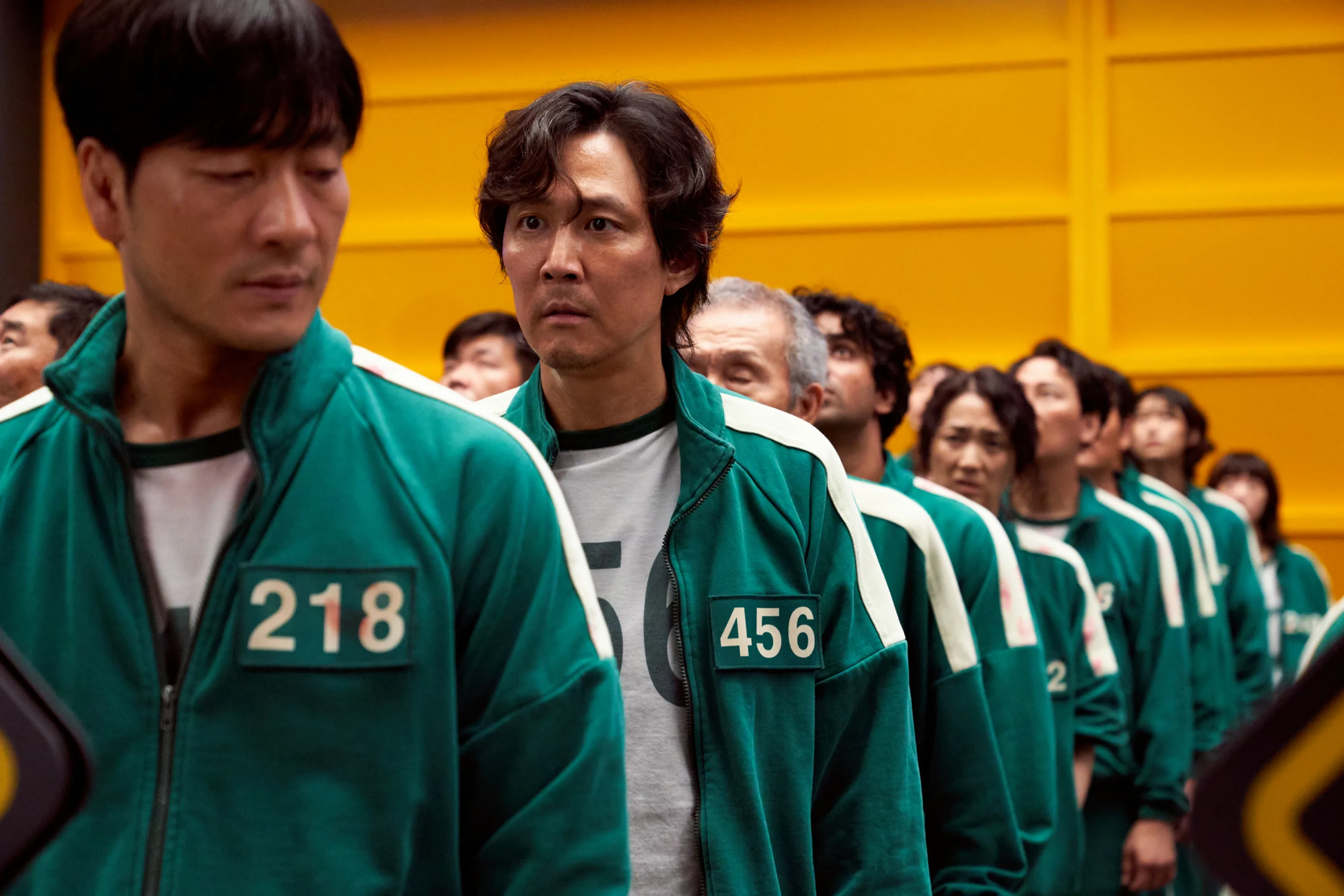relatively recent, Isaki Lacuesta dazzled with his heartfelt tribute to the victims of the terrorist attack at the Bataclan Theater in Paris in 2015 with the formidable ‘One year, one night’. Coinciding with the year (but not with the presentation, given that the film starring Nahuel Pérez-Biscayart and Noémie Merlant was seen in Berlin, while this proposal was seen at the Directors’ Fortnight in Cannes), ‘Memories of Paris’ arrives in shopping malls, with which Alice Winocour also pays tribute to the victims of the attacksalbeit focused on those who were enjoying the night in one of the bistros targeted by the terrorists.

‘Memories of Paris’ begins with the routine of Mia, a Russian interpreter and translator who collaborates with Radio France in various programs, as well as acting as an interpreter for conferences, meetings and other diplomatic acts. After a dinner with her boyfriend, of which she claims an emergency in the hospital, since she is a doctor, the woman decides to go to another bistro to kill time, working outside the home, as many freelancers do. Here, the director creates a series of sequences that convey everyday life and that manages to create a connection with its protagonist.
Thanks to that prologue, the director causes greater horror when tragedy strikeslike the simple act of having a coffee and reviewing work at a bistro table, with people celebrating a birthday, with friends meeting for dinner, with tourists enjoying their stay in Paris, with couples sharing a moment intimate, they turn into something terrible when terrorists break in resulting in a shootingwhich Winocour assures is a dry act that highlights how violent it is, like a bloody stab in a white room.

The director portrays the brutality and inhumanity of the event and transforms it into a traumatic experience that begins as an individual event and ends as a collective event. It is here that the director, who co-wrote the screenplay with Jean-Stéphane Bron and Marcia Romano, displays a humanist gaze worthy of applause when it comes to creating the collective from personal experience. to start with Mia, who suffers from post-traumatic amnesia, can’t remember what happened after the shooting started and wants to know what happened being able to heal the psychological wound he has, as well as being able to move on. And that’s where Winocour explores the differences in the aftermath an attack leaves on survivors and the loved ones of the deceased.
A tremendously humanist film
Winocour explores guilt and survivor syndrome in depth. He does it delicately and looking at his protagonists with their strengths and weaknesses, deepening the feeling of humanity that the film conveys. About how a life is cut short and how it should be reconstituted and how fundamental it is not only to talk, but to expel all negative thoughts and how this can be achieved in various ways. The director looks at her characters with respect and affection, also highlighting the transversal significance of the attack, which affected both the diners of the bistro and the service, with waiters and cooks among the victimshighlighting how even for something as horrible as a terrorist act there are first and second category victims, with reference to immigrants in an irregular situation who died in the workplace and whose recognition as victims led them to a bureaucratic process.

Though this healing journey would not have come to fruition if it weren’t for its lead actress. Virginie Efira is immense. The Belgian interpreter has already shown that she has a good affinity for extreme roles, recent examples are ‘Waiting for Mister Bojangles’, ‘Madeleine Collins’ and, above all, ‘Benedetta’. However, the actress also has a worldly and costumbrist dramatic vein which has started to explode more, as he also demonstrated in ‘Los hijos de otros’, which will hit Spanish theaters next year. Efira knows how to convey that healing spirit of the film, with a charismatic and emotional role.
Next to Ephyra there is Benoît Magimel in one of his most emotional roles since ‘De son vivant’ and ‘Lola’. What is fascinating is that his role is that of an imperfect man, of which it is understood that he has not distinguished himself by being a virtue made male, but with a good background. This approach enhances the humanist character of the film, which reminds us that people have their chiaroscuro and that this does not change, despite having suffered an attack. Winocour knows how to pay homage to the victims with a profound story, through a fascinating protagonist. A new success of the director after ‘Próxima’.
Note: 8
The best: The charisma of Virginie Efira and the profound humanity she transmits.
Worse: In his desire to make the individual something collective, he gets a bit lost in some subplots.
Source: E Cartelera
Elizabeth Cabrera is an author and journalist who writes for The Fashion Vibes. With a talent for staying up-to-date on the latest news and trends, Elizabeth is dedicated to delivering informative and engaging articles that keep readers informed on the latest developments.




